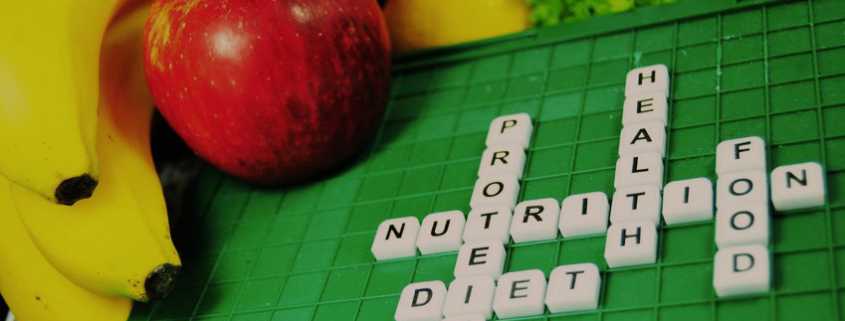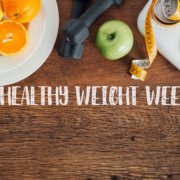Is Nutrition Really that Important to my Health?
Yes. Yes, it is!
Nutrition is the foundation on which overall health and wellness is built. People fight diseases, prevent health problems, feel better overall, and live healthier lives with good nutrition. This is why NOAH is committed to the key role our Nutrition Services team plays in our integrated care.
Why nutrition matters
When your body gets the minerals and vitamins it needs, everything works better, especially when those nutrients come from what you eat and drink.
Many people think the main benefit of eating healthier is losing weight. And that can be a wonderful benefit because losing weight can impact someone’s overall health. However, the real benefits are:
- Reduced high blood pressure
- Reduced high cholesterol
- Improved energy level
- Improved ability to recover from injury or illnesses
- Better able to fight off illnesses
- Reduced risk of diseases like heart disease, stroke, certain cancers, diabetes, and more.
During this National Nutrition Month, NOAH’s Registered Dietitian Nutritionists (RDN) have shared their expert insights about:
- The importance of meal planning and tips
- Setting and evaluating nutrition goals
- Exercise alternatives to the gym
Why? Because they see every day how improving nutrition can improve someone’s life.
How nutrition fits into healthcare
At NOAH, we provide comprehensive, integrated care which means all of our departments and providers work together. And nutrition can greatly impact so many patients at any stage of life.
Some examples:
- Medical providers might be concerned about a patient’s blood pressure. Nutrition will be one of the ways to make improvements. But many people think they have to change their diet and lifestyle overnight to reach their goals. That isn’t the case. A NOAH RDN will learn about the patient, meet with them, and create a plan together. Maybe nutrition alone can help, or maybe it’s a combination of diet and medication. Regardless, it’s always an important step to take.
- If a patient has reactions when they eat certain foods like dairy or the gluten often found in many breads, pastas, and cereals, an RDN can help. A patient may be lactose intolerant, or it can depend on how much dairy they have. Similarly, maybe a patient has tested positive for gluten intolerance or celiac disease. These individuals will benefit by adding a RDN to their medical team. There are many delicious options available, and ways to prepare food with different ingredients so patients enjoy what they love and are doing what is best for their health.
Do you have questions for our RDNs? Talk to your healthcare provider at your next appointment and get to know how our Nutrition Services team can help you.






